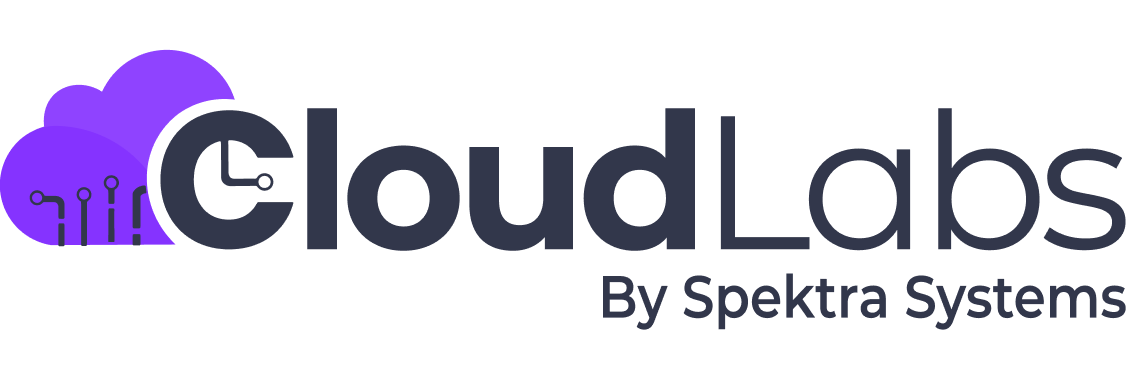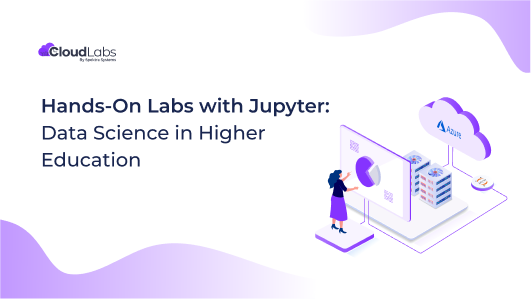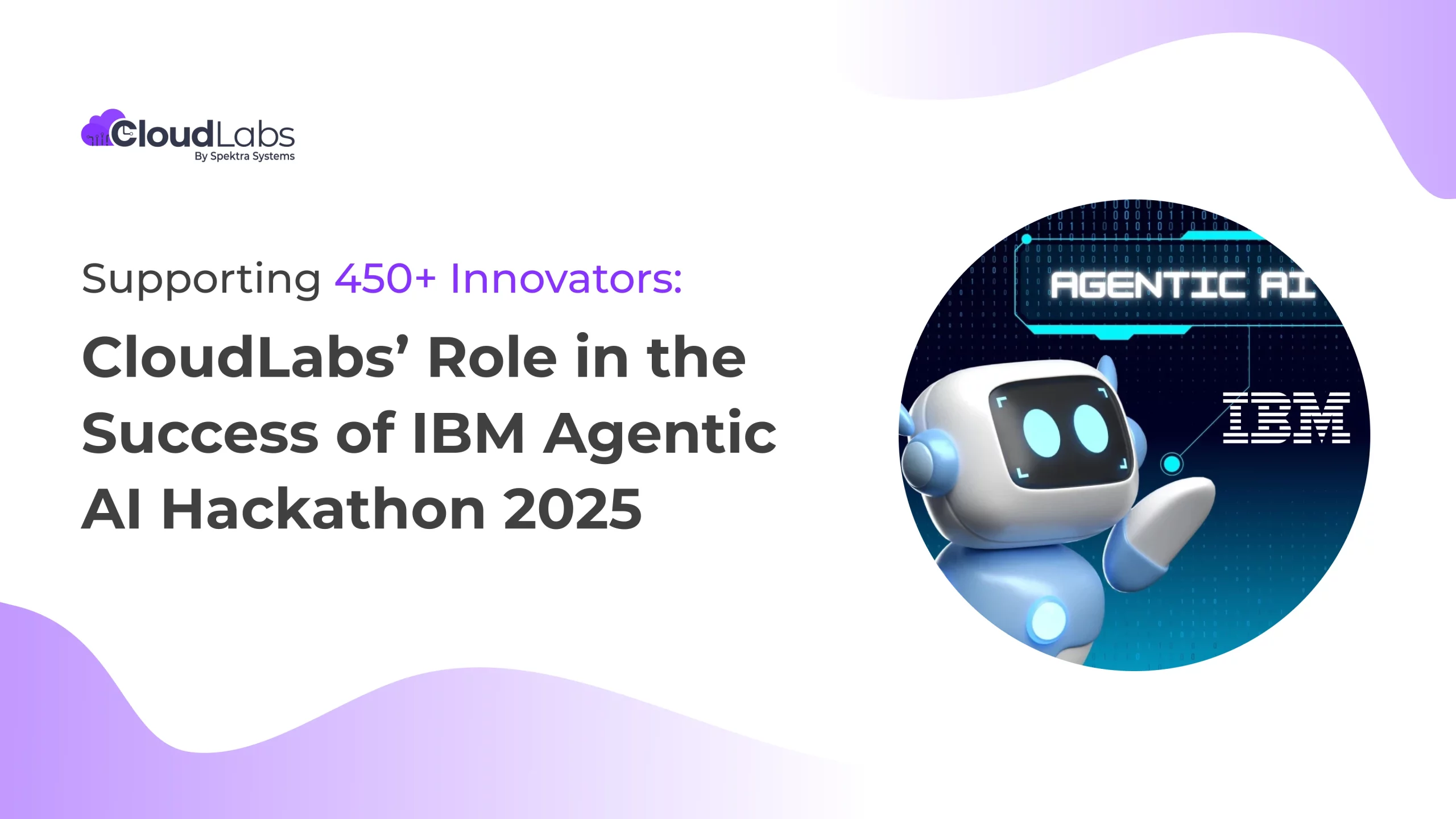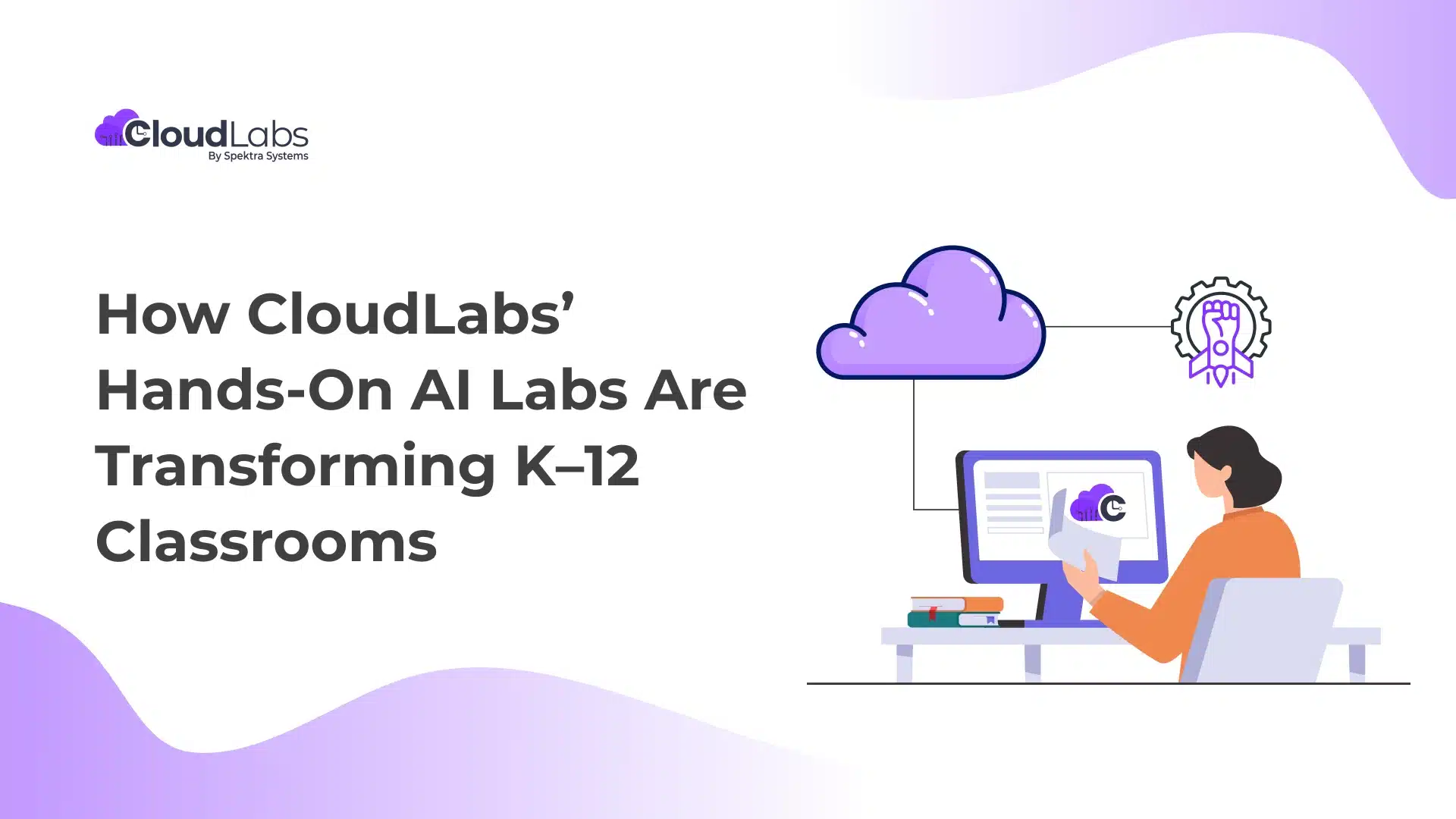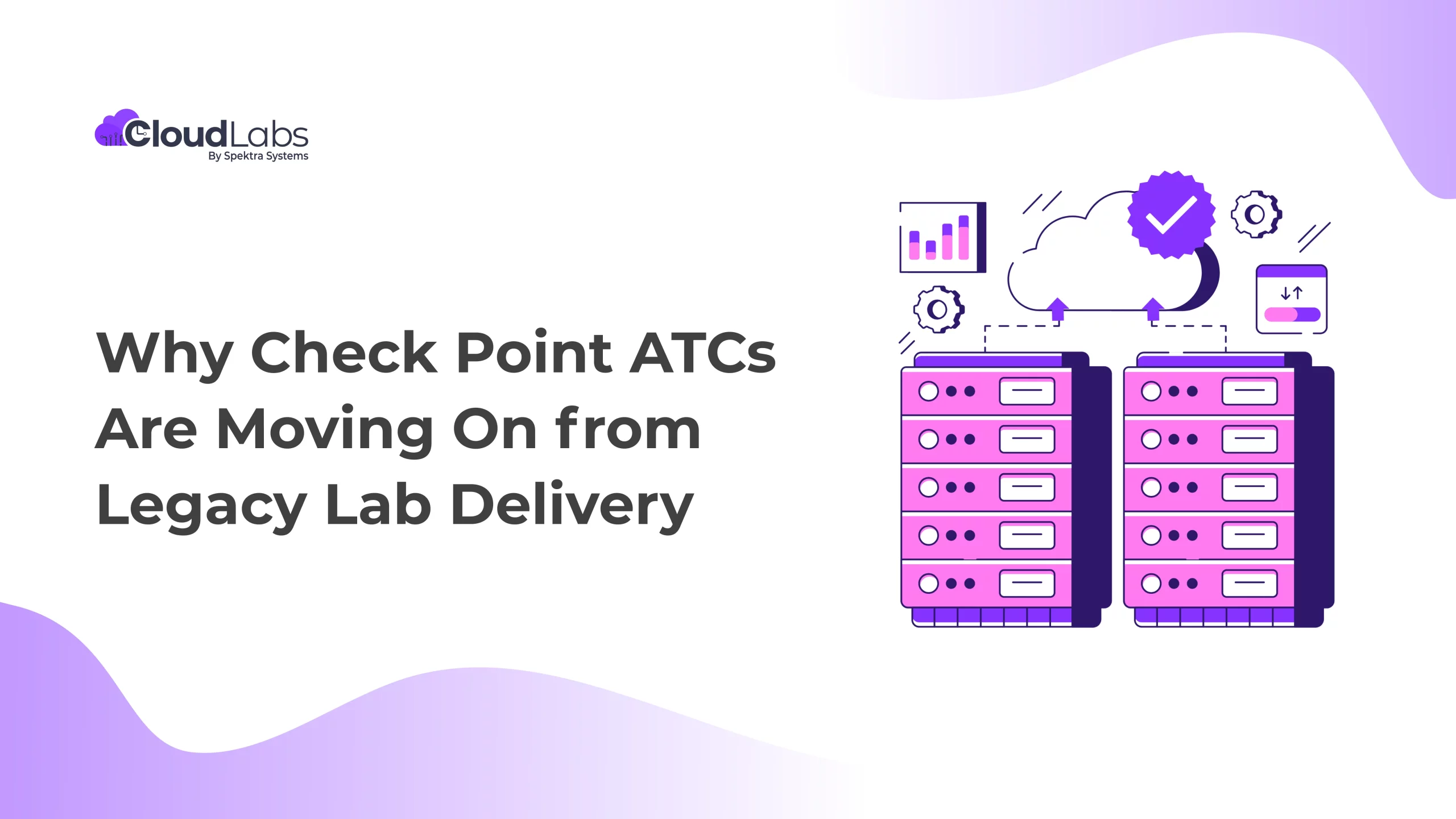In today’s ever-changing tech world, data science has become a vital discipline for uncovering insights, addressing complex challenges, and guiding informed decisions across various sectors such as healthcare, finance, marketing, and manufacturing. As a result, there is a growing interest among students and professionals in data science education, leading to a high demand for data science skills. To meet this demand, data science education relies on cutting-edge technology like virtual machines and hands-on labs with Jupyter to enhance the learning experience.
Educational institutions have recognized the need for comprehensive training that goes beyond traditional statistics courses. As a result, they have integrated hands-on labs and workshops into data science education, enabling students to gain practical experience and receive expert guidance. These interactive sessions allow students to actively code, explore key concepts, and seek assistance from instructors. Additionally, educational institutions provide access to essential data science tools and platforms such as Python, R, and Jupyter Notebook, empowering students to effectively analyze and manipulate data.
In modern data science programs, a multifaceted approach to teaching is adopted. The curriculum incorporates a combination of theoretical instruction, practical exercises, project work, case studies, and lectures. Hands-on labs with Jupyter play a pivotal role in data science education as they facilitate practical experience and the application of concepts in real-world scenarios. By utilizing these diverse teaching approaches, students gain a solid foundation in data science, equipping them to navigate challenges and seize opportunities in the field. Now, let’s delve deeper into the significance of data science hands-on labs and Jupyter.
Data Science Hands-On Labs and Essential Tools for Teaching
Data science hands-on labs are used for practical learning sessions where students actively engage in applying data science concepts and techniques to real-world datasets. These labs provide a hands-on, experiential learning environment where students can gain practical experience in working with data, analyzing it, and deriving insights. Through these labs, students have the opportunity to apply data science tools, programming languages, and methodologies to solve problems, explore data sets, and build models. Hands-on labs are designed to bridge the gap between theory and practice, allowing students to develop essential skills and competencies in data science through active experimentation and exploration.
While learners have the option to individually install the necessary tools on their own devices, institutions often opt for hands-on labs from trusted platforms to streamline the process and minimize installation, infrastructure, and management efforts. These platforms often leverage VMs to deliver seamless and effective training environments to institutions.
Notably, major cloud platforms such as AWS, Google Cloud, and Microsoft Azure offer VMs specifically designed for data science training. These platforms offer a comprehensive solution with its pre-configured virtual machines in the cloud. These VMs come pre-installed, configured, and tested with a wide array of popular tools used for data analytics, machine learning, and AI training, including Jupyter, MySQL Server, and MLflow. These pre-configured environments are beneficial for individual students or professionals as they provide quick access and facilitate the utilization of tools without the need for manual setup.
What is Jupyter?
Jupyter is an open-source project that serves as an industry-relevant tool that holds significant relevance in data science training in higher education. It provides a versatile platform where users can seamlessly combine rich text and executable Python source code within a single canvas called a notebook. The interactive and collaborative nature of Jupyter Notebooks makes it an invaluable asset for data scientists and analysts, and its adoption as the standard tool in the field further amplifies its importance.
Jupyter’s capability to facilitate collaborative work is a key aspect of its relevance in data science education. As an open-source software, Jupyter allows for the efficient sharing and collaboration of code and text within a web page context. The code runs on a server, and the generated results are transformed into HTML, seamlessly integrated into the page. This flexibility enables data science trainers and students to collaborate effectively, combining their thoughts, code snippets, and the corresponding output in a single, interactive environment.
The growing use of Jupyter Notebooks, including through platforms like Jupyterhub, in data science courses at higher education institutes showcases its expanding significance. It offers a powerful tool for interactive data exploration, visualization, and analysis, making it a staple for data scientists and analysts. Its intuitive interface and integration with Python, along with its extensive library support, make it a preferred choice for teaching data manipulation, visualization, and various data science tasks. By leveraging Jupyter Notebooks, educators can provide students with an engaging and hands-on learning experience, enabling them to analyze real data, build interactive visualizations, and tackle data challenges in a collaborative manner.
In response to this trend, educational institutions around the world are recognizing the value of integrating Jupyter into their data science courses and practical training. As a result, platforms are now offering VMs and hands-on labs with Jupyter to enable collaborative learning and enhance students’ practical understanding of data science concepts.
How to build Labs based on Jupyter?
Today, professionals and institutions alike prefer utilizing Jupyter for both work and data science training due to its remarkable advantages. Jupyter stands out as a preferred choice because of its convenience as an all-in-one integrated development environment (IDE). It empowers users to seamlessly take notes, conduct experiments, test ideas, visualize results, and ultimately bring their projects to completion.
There are different approaches to using hands-on labs with Jupyter for data science training. One option is to have students and instructors download all the required tools and resources on their own computers, but this can be cumbersome and challenging to handle. Another option is to create virtual machines (VMs) specifically for data science training, using platforms like Azure Lab Services, Oracle, AWS, or GCP. These VMs come preloaded with the necessary tools and enable effective use of Jupyter Notebooks in teaching.
Additionally, another option popularly adopted by higher education institutions for data science training today is to purchase hands-on lab with Jupyter from a trusted cloud-based hands-on lab platform such as CloudLabs. These hands-on labs with Jupyter provide a comprehensive and guided learning experience, offering a practical and convenient solution for data science training.
CloudLabs Hands-On Labs with Jupyter
CloudLabs streamlines data science training in higher education by providing dedicated hands-on labs with Jupyter tailored for this purpose. It eliminates the tedious process of creating separate labs on both students’ and instructors’ systems, as well as the requirement to launch virtual machines (VMs) for training purposes. The hands-on labs with Jupyter offered are highly scalable and managed, making them an ideal choice for institutions that cater to a large number of students. One of the key advantages of CloudLabs’ data science hands-on labs with Jupyter is their scalability, allowing institutions to easily accommodate varying class sizes and student demands.
CloudLabs’ data science labs offer a comprehensive range of top data science technologies and frameworks, including Jupyter, R, Python, Azure, AWS, Hadoop, Spark, and more. CloudLabs simplify the configuration process by eliminating the need for VMs and allowing students to access the labs directly through their browsers. They come pre-configured with resources for real-world data analysis and model development, including sample datasets for hands-on learning. Institutions have the flexibility to customize their hands-on labs with Jupyter by incorporating their own datasets, allowing them to tailor the labs to align perfectly with their curriculum. CloudLabs manages and supports the labs 24/7, ensuring smooth operation and providing assistance to instructors and students.
CloudLabs’ hands-on labs with Jupyter provide numerous benefits when it comes to training students at scale in data science:
- Ready-to-use labs: CloudLabs provides pre-configured hands-on labs with Jupyter, eliminating management overhead and allowing instructors to focus on teaching.
- Pay-as-you-go: CloudLabs operates on a pay-as-you-go model, charging only for active lab usage and automatically shutting down idle labs to optimize expenses.
- Long-term usability: Labs in CloudLabs can be used throughout an entire semester without losing progress, enabling seamless continuation of student work.
- Progress tracking and scoring: CloudLabs integrates the popular ‘nbgrader’ Jupyter extension for effective monitoring and scoring of student progress.
- Comprehensive monitoring and analytics: CloudLabs offer robust monitoring and analytics features, allowing instructors to track and analyze lab usage, engagement levels, and performance across all students.
Learn more about CloudLabs’ data science hands-on labs with Jupyter by clicking here.
How to create assignments and do automated scoring?
Jupyter offers an instructor toolbar extension called ‘nbgrader’ that greatly benefits data science training. This extension provides instructors with a better teaching experience and control.
The nbgrader toolbar extension in Jupyter notebooks essentially guides instructors through assignment and grading tasks using the familiar Jupyter notebook interface. Jupyter’s formgrader extension allows instructors to utilize the core functionality of nbgrader, including generating student versions of assignments, releasing assignments to students, collecting assignments, autograding submissions, and manually grading submissions.
Instructors can leverage nbgrader’s capabilities within their hands-on labs with Jupyter as long as both the instructor and the students’ Notebooks are registered on the same local server. nbgrader provides three major capabilities:
Assignment creation: Instructor can submit a master sheet with questions and answers for an assignment with which the students’ Notebooks will be validated. These assignments are saved on the local server and distributed to students’ notebooks.
Autograding: With the answers provided and the autograder set up, instructors no longer need to manually correct assignments. Jupyter automatically grades assignments based on the assigned answers and points. Instructors can access all students’ assignments, evaluate their progress, and provide feedback accordingly.
Manual grading: In certain situations, manual grading may be necessary, especially when there isn’t a singular answer to a question. This is particularly relevant when students are required to write code.
Therefore, nbgrader, a powerful Jupyter extension, offers instructors convenient tools for creating assignments and grading in data science training. By streamlining the assignment creation process and providing efficient grading capabilities, nbgrader simplifies the workflow for instructors and enhances the overall learning experience for students in the field of data science. As a result, institutions should embrace hands-on labs with Jupyter that integrate nbgrader to stay up-to-date with the advancements in data science education and to facilitate a seamless training process.
CloudLabs hands-on labs with Jupyter seamlessly integrates with nbgrader, providing instructors with a familiar technology to create assignments. With this native integration, CloudLabs’ data science hands-on labs with Jupyter take care of automated scoring, making it effortless for instructors.
As data science continues to gain relevance across various industries, it is becoming increasingly important for higher education institutions to equip themselves with the best resources for effective training. In this context, CloudLabs’ data science hands-on labs with Jupyter emerge as the ideal solution. These hands-on labs with Jupyter provide institutions with managed and scalable environments, eliminating the complexities of setup and configuration. With CloudLabs’ comprehensive range of tools and technologies, tailored for data science education, institutions can ensure that their students have access to the cutting-edge resources needed to excel in this rapidly evolving field.
By partnering with CloudLabs, higher education institutions can confidently prepare their students for the data-driven future and equip them with the practical skills necessary to succeed in the field of data science. Curious to see if CloudLabs’ hands-on labs with Jupyter is the perfect fit for data science training in your institution? Schedule a demo today to discover the optimal solution for your needs.

Manesh Raveendran is the CEO and Founder of Spektra Systems. He is known for his thought leadership and for crafting end-to-end technology solutions in cloud marketplaces. His passion lies in harnessing the potential of public cloud partnerships to drive business growth. With over two decades of experience, Manesh collaborates with global CXOs, designing innovative cloud solutions and services to drive customer success and address critical business challenges.
